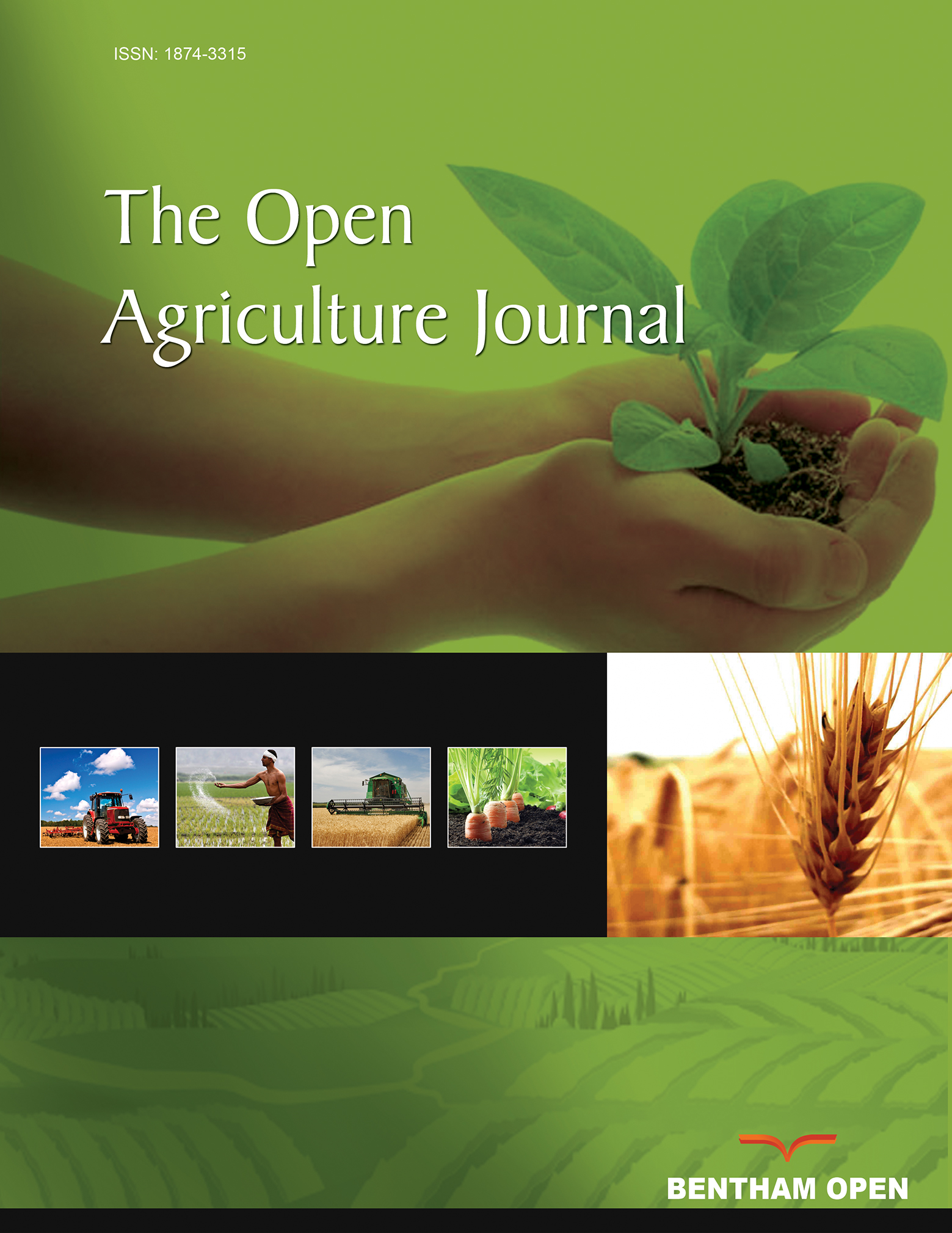All published articles of this journal are available on ScienceDirect.
Selective Acetone-Water Delignification of Eucalyptus urograndis: An Alternative Towards the Biorefinery Approach
Abstract
Acetone-water (50:50 v/v) delignification of Eucalyptus urograndis (a hybrid of Eucalyptus urophylla and Eucalyptus grandis) was studied at temperatures ranging from 145oC to 195oC. Lignin and polysaccharide extraction kinetics were determined from pulp yield and residual lignin measurements. Arrhenius-type activation energy of initial, bulk and residual delignification phases were estimated respectively as 102.3, 117.7 and 89.0 kJ.mol-1. For polysaccharide removal, the values were 119.4 and 177.9 kJ for slower and faster reactions, respectively.
The selectivity of the acetone-water delignification was approached through the interrelationship between delignification and polysaccharide removal. In contrast to kraft pulping, high selectivity is observed in the beginning of the pulping process and then decreases along the process. The first derivative of the lignin extraction curve presents two maxima, one in the beginning of the extraction and the second one between 65 % and 50 % of pulp yield and can speculating be related to the initial and bulk delignification phases. On the other hand, polysaccharides, probably hemicelluloses, are selectively extracted between 85 and 65 % of pulp yield. The process fits perfectly with the biomass biorefinery approach which consists in selectively separate and add-value to different fractions of wood.


